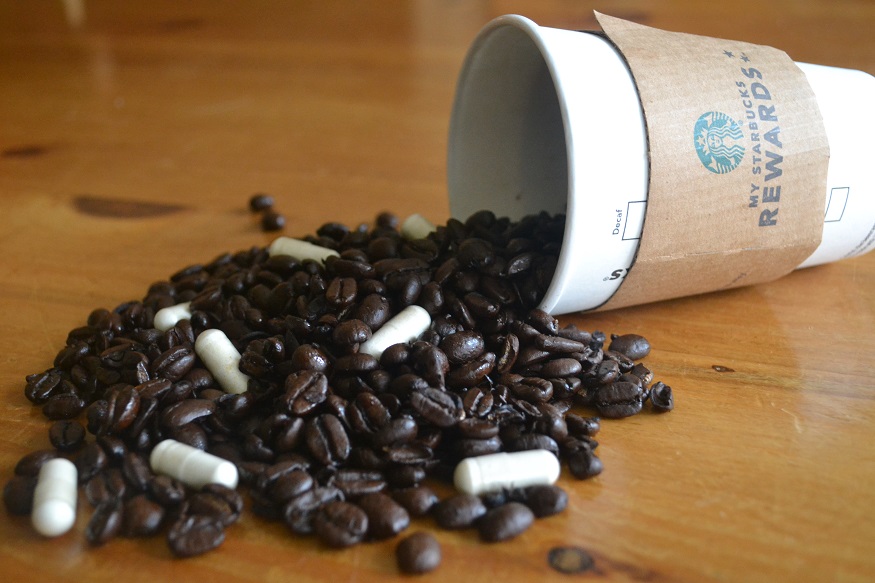Bipolar Barista: Check “Yes” for Disability
Bipolar? Depression? OCD? PTSD? Check the box to let Starbucks know! That’s right. Starbucks wants to know if potential and current employees have mental disorders that qualify as disabilities.
The Voluntary Self-Identification of Disability form included in the online application to become an employee of Starbucks, lists several mental disorders as disabilities, including bipolar disorder, depression, schizophrenia, OCD, and PTSD.
The form presents these options as a requirement based on the Social Security administration’s decision to recognize some mental disorders as disabilities for SSI disability purposes. While I think it is a step forward that the government is recognizing the often debilitating effects of mental disorders like bipolar and others on an individual, I wonder what this move by Starbucks and potential other employers will do to further exacerbate the stigmatism of mental health in the United States.
As a woman deeply affected by my mother’s struggle with bipolar disorder and my own struggles with major depression and anxiety, I can attest to the fact that there remains a very real stigma associated with mental health issues.
Characterizing a mental disorder as a disability for Social Security purposes seems like a good move for sufferers. Individuals now have the ability to prove that their disorder inhibits everyday life and that monetary compensation is necessary to help during problematic episodes. However, labeling a mental disorder as a disability labels all sufferers of that disorder as disabled.
I have been through three major depressive episodes in my adult life. Each was difficult and crippling for a variety of reasons. However, I am now a fully capable and successful adult. Yet, if I were being completely honest, I would have to click the yes box on Starbucks’ “Voluntary Self-Identification of Disability” form. Am I disabled? Should Starbucks be seeking this information?
While Starbucks states on their form, “Federal Law requires employers to provide reasonable accommodation to qualified individuals with disabilities,” I have to wonder what kind of accommodation could possibly be offered to a barista with major depression or bipolar disorder. Would a depressed manager be given extra time off during depressive episodes? I doubt it. Would a bipolar barista receive extra breaks throughout her shift when the pressure of a large crowd creates hallucinations and anxiety? I doubt it.
In listing these disorders as disabilities, Starbucks is able to claim they have hired a “disabled” person. Yet, what they plan to do to accommodate that disability is unclear. Starbucks reaps a tangible reward when employees check that box. Yet, the employee is opening herself up to potential discrimination and stigmatism. Although Starbucks states on the form discrimination and punishment will not occur, there simply is no sure fire way to be positive that Starbucks management is not unintentionally creating a discriminating and stigmatizing policy.
Although there are clearly situations in which a mental disorder can be disabling, I would not consider myself or many people I know with mental disorders disabled as this implies an inherent difficulty to perform daily tasks to the level of “normal” people. Rather, I would say that those with mental disorders (myself included) share uniqueness in the way their brains interact with the outside world. Far from disabling, I recognize that in many of my “disordered” moments, I produce the most creative and original art, writing, and mathematical brilliance. I see major depression and anxiety as an integral part of who I am and how I arrived at this incredible self.
So Starbucks, stop stigmatizing all people with mental disorders by calling them disabled and urging them to report their “disability” just so that corporate can present the government with grandiose numbers of people gainfully employed by the big green beast. Instead, recognize that while the government needs to classify some mental disorders as disabilities to truly help those who need it, a mega-coffee chain does not need to stigmatize its potential and current employees by asking them to check yes for disabled.






